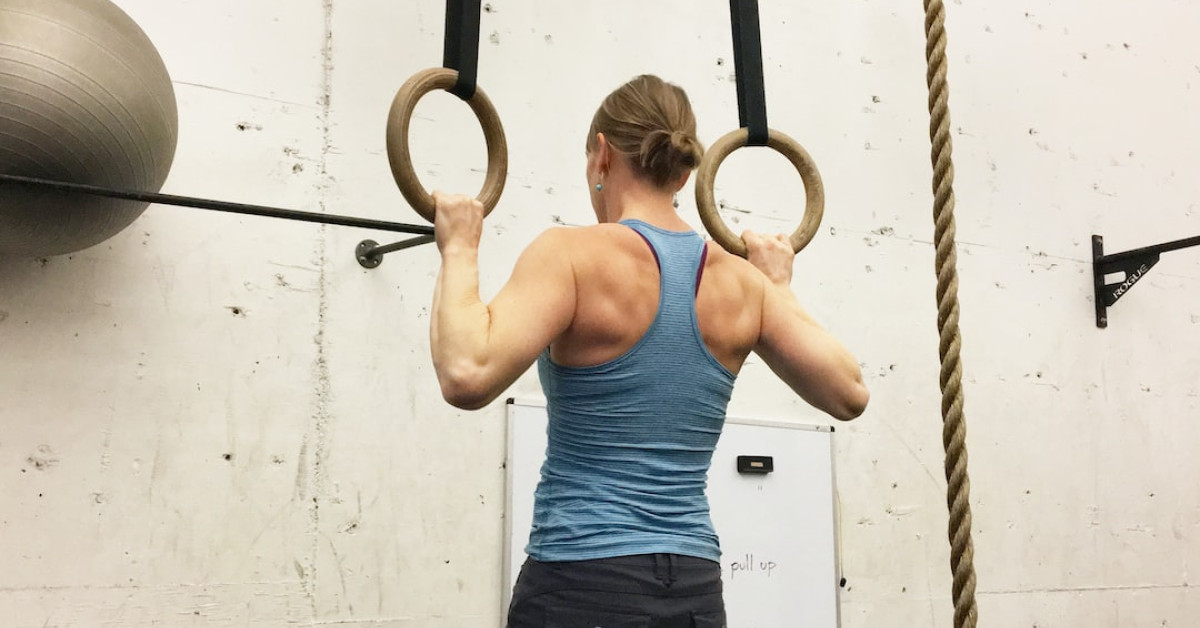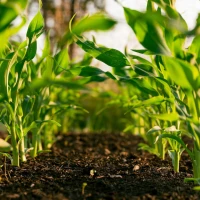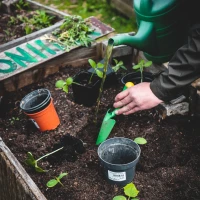Sustainable agriculture is a critical component of our global food system, and women are playing a vital role in driving this movement forward. As we break down barriers and challenge traditional gender roles, more and more women are making significant contributions to the sustainable agriculture sector. In this article, we will explore the multifaceted roles that women over the age of 33 are playing in sustainable agriculture. From farmers to researchers, educators to policymakers, their efforts are instrumental in shaping a more sustainable and equitable future for food production.
The Rise of Women in Sustainable Agriculture
Breaking Stereotypes and Overcoming Challenges
In the traditionally male-dominated field of agriculture, women have faced numerous obstacles and discrimination. However, in recent years, we have witnessed a significant shift in gender dynamics within the agricultural sector. Women are breaking free from the confines of traditional gender roles and challenging societal norms to make their mark in sustainable agriculture.
Building a Supportive Network
One of the key factors contributing to the rise of women in sustainable agriculture is the development of supportive networks and organizations. These platforms provide a space for women to connect, exchange knowledge, and gain access to resources and opportunities. Through networking events, mentorship programs, and online communities, women are finding inspiration, support, and guidance to pursue their ambitions in the sustainable agriculture movement.
Overcoming the Age Barrier
While age can often be seen as a limitation in some industries, it serves as an advantage in sustainable agriculture. Women over the age of 33 bring a wealth of life experience, skills, and knowledge to the table. Their maturity and perseverance enable them to tackle the challenges of sustainable agriculture with wisdom and resilience.
The Role of 33+ Women in Sustainable Agriculture
1. Organic Farming and Permaculture
Organic farming and permaculture are at the heart of the sustainable agriculture movement. Women over the age of 33 are actively involved in organic farming practices, promoting sustainable soil management, crop rotation, and the use of natural fertilizers and pest control methods. Their expertise in permaculture design and implementation plays a crucial role in creating biodiverse and resilient food systems.
2. Sustainable Livestock Farming
As the demand for ethically-raised and sustainable meat and dairy products grows, women over 33 are leading the charge in sustainable livestock farming. They advocate for humane treatment of animals, implement regenerative grazing practices, and prioritize animal welfare. With their knowledge of animal behavior, nutrition, and pasture management, they are driving change in sustainable animal agriculture.
3. Agroforestry and Silvopasture
Agroforestry and silvopasture are innovative agricultural systems that combine trees with crops or livestock. These integrated systems promote biodiversity, enhance soil health, reduce carbon emissions, and provide additional income streams for farmers. Women over 33 are combining their expertise in forestry and agriculture to create sustainable and productive landscapes that benefit both the environment and local communities.
4. Sustainable Food Processing and Preservation
Food processing and preservation play a critical role in minimizing food waste and ensuring food security. Women over 33 are actively engaged in sustainable food processing and preservation practices, such as canning, fermenting, and drying. They harness traditional knowledge and modern techniques to extend the shelf life of perishable produce and reduce post-harvest losses.
5. Research and Innovation
Women over 33 are making significant contributions to sustainable agriculture through research and innovation. They are conducting groundbreaking studies on soil health, crop resilience, climate adaptation, and sustainable farming practices. Their research findings inform policymakers, farmers, and other stakeholders, guiding the development of evidence-based strategies for sustainable food production.
6. Education and Advocacy
Education and advocacy are essential components of the sustainable agriculture movement. Women over 33 are active in educating farmers, consumers, and policymakers about the importance of sustainable agriculture. They conduct workshops, training sessions, and awareness campaigns to promote sustainable farming practices and empower others to make informed choices about food production and consumption.
7. Policy and Governance
Women over 33 are increasingly assuming leadership roles in agricultural policymaking and governance. They bring their expertise and diverse perspectives to the decision-making table, advocating for policies that support sustainable agriculture, gender equity, and social justice. By influencing policy at local, national, and international levels, they are shaping the future of agriculture in a more sustainable and inclusive manner.
Why Women Over 33 Are Crucial in the Sustainable Agriculture Movement
Women over 33 are uniquely positioned to drive the sustainable agriculture movement forward. Their life experiences, skills, and perspectives enrich the sector, bringing about positive change in various ways.
1. Experience and Wisdom
Women over 33 have decades of life experience and firsthand knowledge of the challenges in agriculture. This experience equips them with the ability to navigate complex situations, make informed decisions, and implement practical solutions to address the sustainability issues facing the agriculture industry.
2. Resilience and Perseverance
Years of experience have also fostered resilience and perseverance in women over 33. They have weathered the ups and downs of the agriculture industry and built the tenacity needed to overcome challenges. This resilience enables them to adapt to changing conditions, innovate, and sustainably manage agricultural operations.
3. Bridge to Tradition and Innovation
Women over 33 act as a valuable bridge between traditional agricultural practices and innovative approaches. They harness the wisdom of the past, while embracing new technologies and methods that promote sustainability. Their ability to blend traditional techniques with modern innovations contributes to the development of holistic and sustainable farming systems.
4. Mentoring and Empowering the Next Generation
Women over 33 serve as mentors and role models for the next generation of farmers and leaders in sustainable agriculture. Through mentorship programs and educational initiatives, they pass on their knowledge, skills, and values to inspire and empower the youth. Their efforts contribute to the long-term sustainability and continuity of the sustainable agriculture movement.
Conclusion
As we strive for a more sustainable and resilient food system, the role of women over 33 in the sustainable agriculture movement cannot be overstated. Their contributions, across various aspects of food production, research, education, and policy, are instrumental in shaping a more equitable and sustainable future. By breaking boundaries, challenging stereotypes, and leveraging their experience and expertise, women over 33 are making a profound impact on the sustainable agriculture landscape. Let us celebrate their accomplishments, support their endeavors, and continue to foster an inclusive and gender-balanced sustainable agriculture movement.










